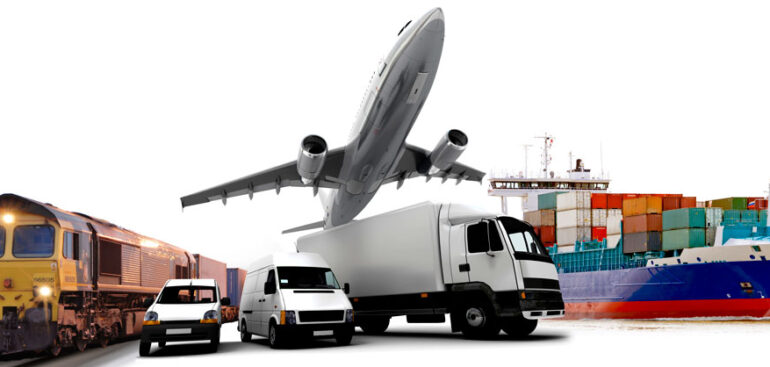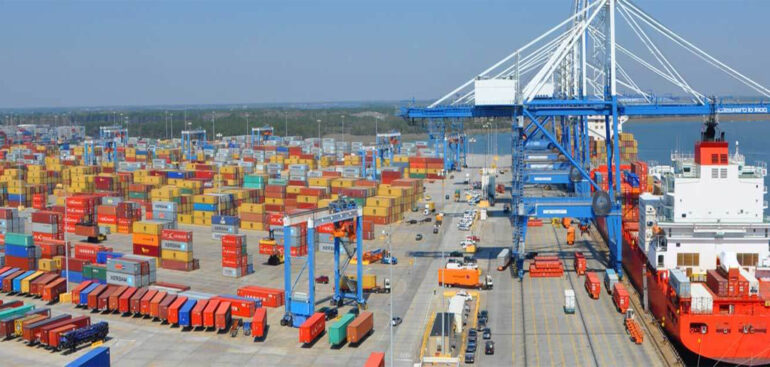Meaning it usually involves the shipment of products in bulk amounts. Cargo could be shipped over land, water, or atmosphere. Land shipment is considered the most commonly used. Trucking may be the contributor that is largest to freight shipping. So what’s the contrast between cargo versus transport. Unlike logistics businesses, freight […]
what is NVOCC or what does NVOCC do? An NVOCC in simple terms is someone who agrees to provide all the services of VOCC but does not own or operate vessels, in short, it stands to represent a non-vessel-operating common carrier. It may sound confusing but after reading this article you […]


